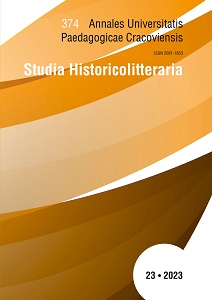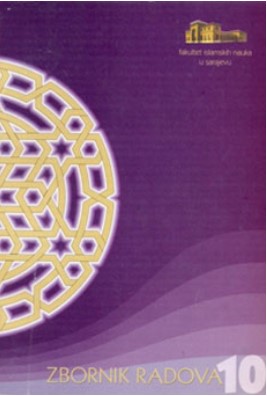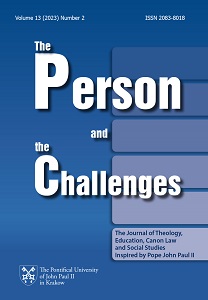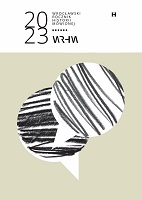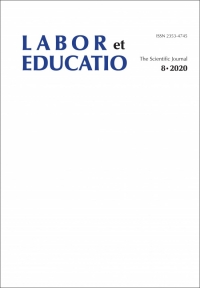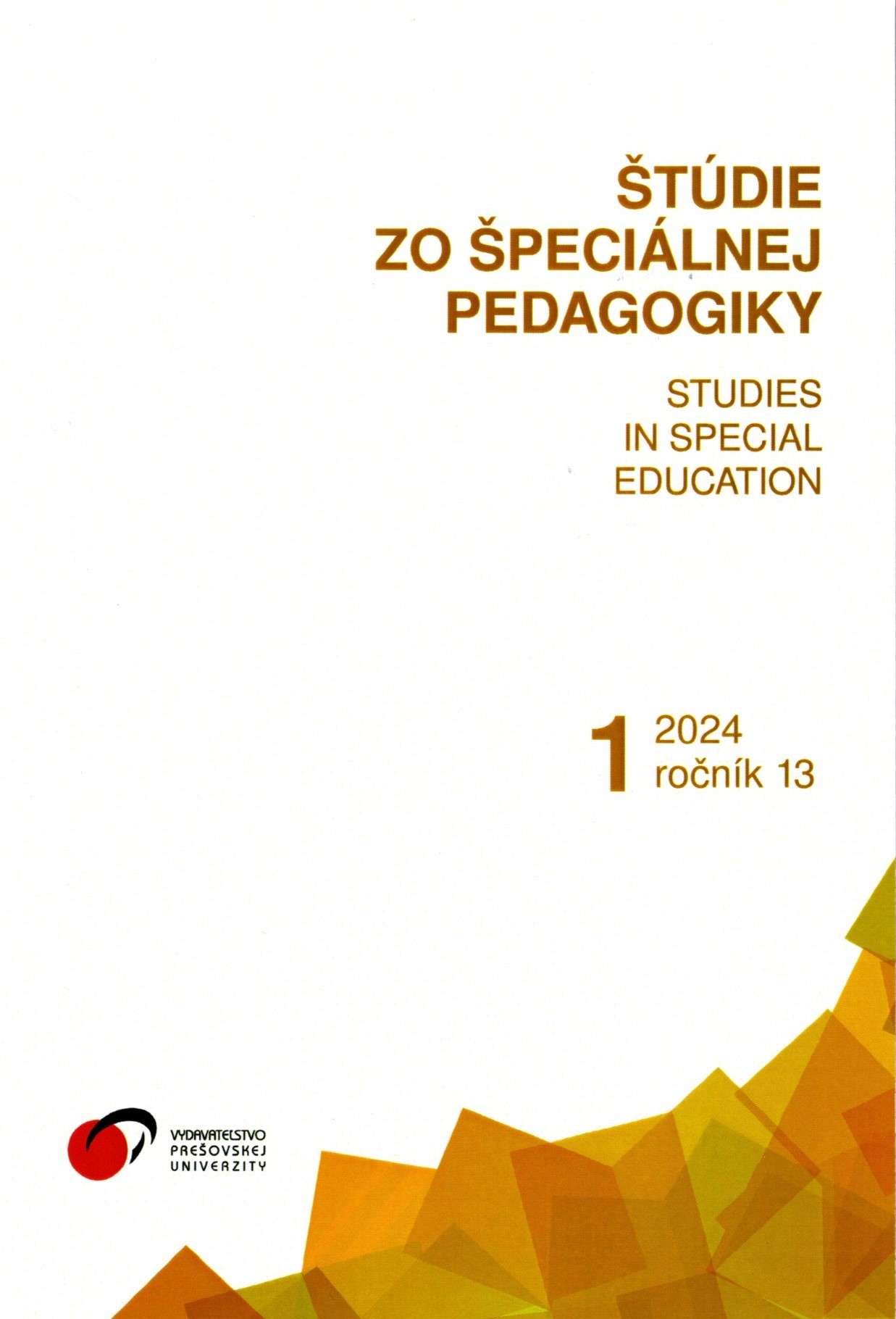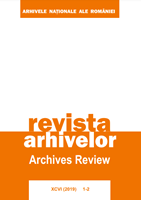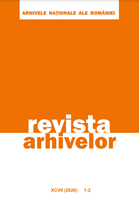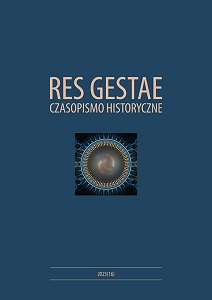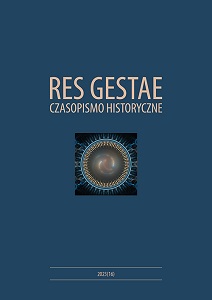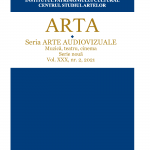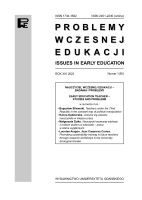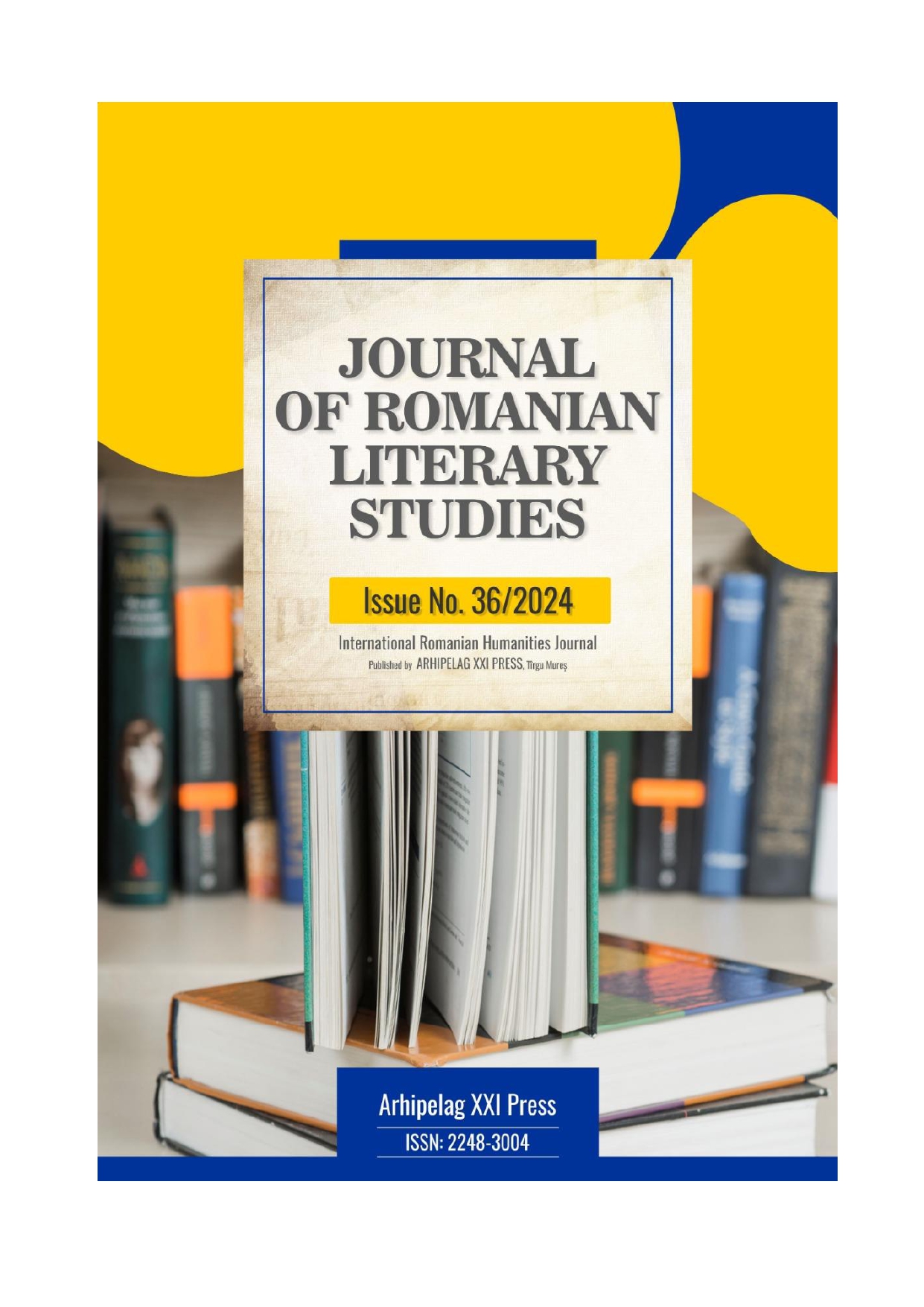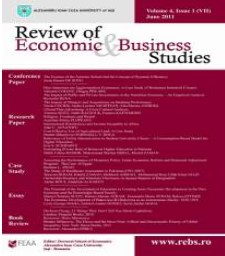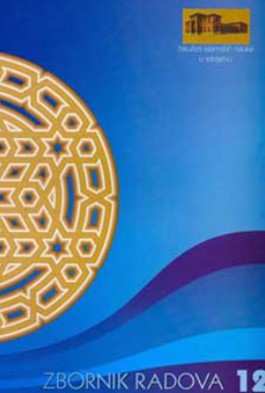
INSTITUCIONALNO IZUČAVANJE HADISA U MUSLIMANSKIM ZEMLJAMA
Since the schools of studies of hadith in literature are often spoken as of something which was of very short duration, and without significant impact on the societies, the author in this paper which deals with the most important hadith schools in Islamic countries, points out that the hadith schools emerged very early, in the 4th to 10th century, and that some of them, indeed, lasted very shot, but some were active even for a few centuries and had strong impact on the level of education, morality and general attitude of the environment in which they existed. Special attention was paid to the contemporary institutions which show the highest interest in studies of Muhammad’s, p.b.u.h., tradition, as the hadith school in Morocco, Iran and Saudi Arabia, which using modern technical devices and possibilities accomplish significant results not only in promoting Muhammad’s p.b.u.h. tradition, but also in promoting a moderate understanding and practicing of Islam and by that a more moral and humane living in general.
More...
